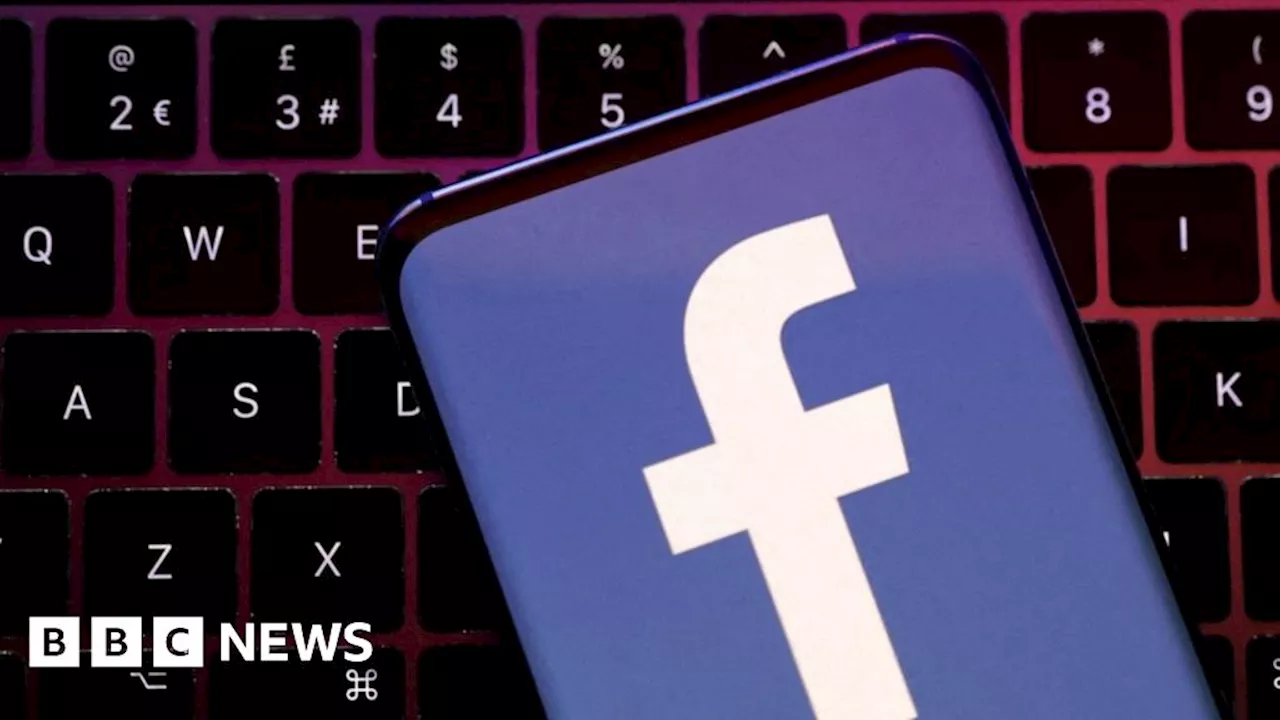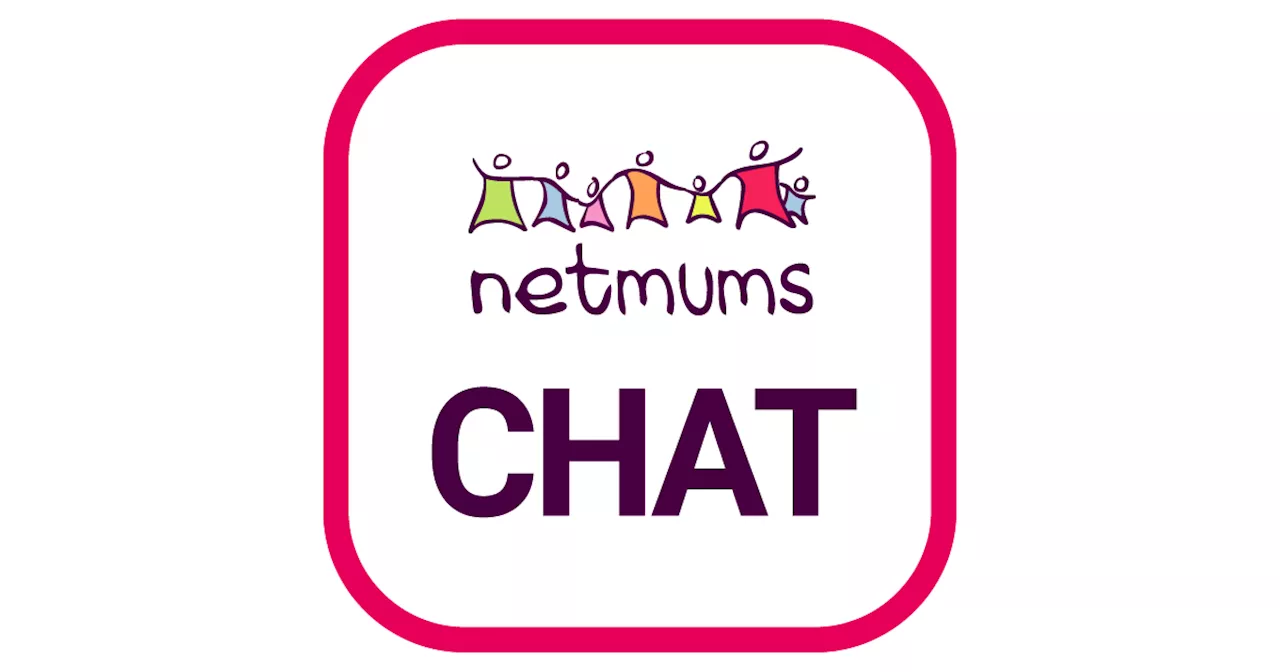Social media are more popular than ever, but social networks are dying
intoxicated, not gonna lie. So what if it’s not even 10pm and it’s a Tuesday night?…Let the hacking begin.” So typed a 19-year-old Mark Zuckerberg, liveblogging from his Harvard dormitory as he began work on a website called Facemash. The site displayed randomly selected pairs of students’ mugshots, harvested from the university’s intranet, and allowed users to vote on who was hotter. It caused a stir and was promptly shut down. But before long, a successor was in the making.
But the sort of social networking that Facebook pioneered is disappearing. The most obvious change is the shift to video on today’s networks. The explosive success of TikTok, a Chinese-owned short-video app which launched in 2017 and quickly had young people hooked, has sparked a wave of copycats. Meta has added a video feature called Reels to Facebook and Instagram. Similar products have been bolted onto Pinterest , Snapchat and YouTube .
Instead, conversations have been moving for some time to private groups. In 2021 Mr Zuckerberg wrote that, as well as debating in the “town square” of Facebook and Instagram, “People increasingly also want to connect privately in the digital equivalent of the living room.” Adam Mosseri, head of Instagram, said last year that more photos and videos were being shared in direct messages than on the app’s main feed. “All the friends-sharing is moving in that direction,” he concluded.
The decline of sharing and posting has given rise to what the Reuters Institute calls the “passive news consumer”, who sees the news but doesn’t comment, share or otherwise engage with it. This trend is most advanced in rich countries: in Britain 68% of adults are “passive” consumers of news, with only one in ten posting about it in a typical week. The remaining hard core of “active” participants in the online public square are disproportionately male, and highly opinionated.
The surest way to win attention, of course, is to pay for it. American candidates and their backers will spend nearly $16bn on advertising in the run-up to November’s elections. Television will take the lion’s share: its ageing audience puts off some advertisers, but not politicians, who know that the elderly vote.ads are still believed to be the best when it comes to persuasion; those on social media are mainly about fundraising.
In the past six months politicians spent $244m on ads on Facebook and Instagram in America, down from $320m during the same period in the 2020 cycle, according to our analysis of data collected by Andrew Arenge, a researcher at the University of Pennsylvania. Meta’s ad library shows that in the 90 days before the Iowa caucuses last month, Donald Trump spent only about $400,000 on the two platforms.
South Africa Latest News, South Africa Headlines
Similar News:You can also read news stories similar to this one that we have collected from other news sources.
 Facebook £3bn legal action given go-ahead in LondonA mass legal action alleges Facebook abused its dominance to monetise 45 million UK users' personal data.
Facebook £3bn legal action given go-ahead in LondonA mass legal action alleges Facebook abused its dominance to monetise 45 million UK users' personal data.
Read more »
 Thousands of NI health staff assaulted as anti-social behaviour risesThe health trust has urged members of the public to respect their staff, sites and buildings
Thousands of NI health staff assaulted as anti-social behaviour risesThe health trust has urged members of the public to respect their staff, sites and buildings
Read more »
 Cutting kids off from the dark web – the solution can only ever be socialExpert weighs in after Brianna Ghey murder amid worrying rates of child cybercrime
Cutting kids off from the dark web – the solution can only ever be socialExpert weighs in after Brianna Ghey murder amid worrying rates of child cybercrime
Read more »
 Social worker with no evidenceI have a social worker that is saying my child is at risk and will not tell me why and what for I have asked for
Social worker with no evidenceI have a social worker that is saying my child is at risk and will not tell me why and what for I have asked for
Read more »
 Lift your post-game cheers with Hahn: The undisputed champion of the social-sport beersHahn has perfected the beer for the occasion.
Lift your post-game cheers with Hahn: The undisputed champion of the social-sport beersHahn has perfected the beer for the occasion.
Read more »
 Improving social symptoms of depression with a common anestheticIn a recent study published in Molecular Psychiatry, researchers from Osaka University have used a mouse model of depression to reveal that one form of ketamine (a common anesthetic) in low doses can improve social impairments by restoring functioning in a specific brain region called the anterior insular cortex.
Improving social symptoms of depression with a common anestheticIn a recent study published in Molecular Psychiatry, researchers from Osaka University have used a mouse model of depression to reveal that one form of ketamine (a common anesthetic) in low doses can improve social impairments by restoring functioning in a specific brain region called the anterior insular cortex.
Read more »
